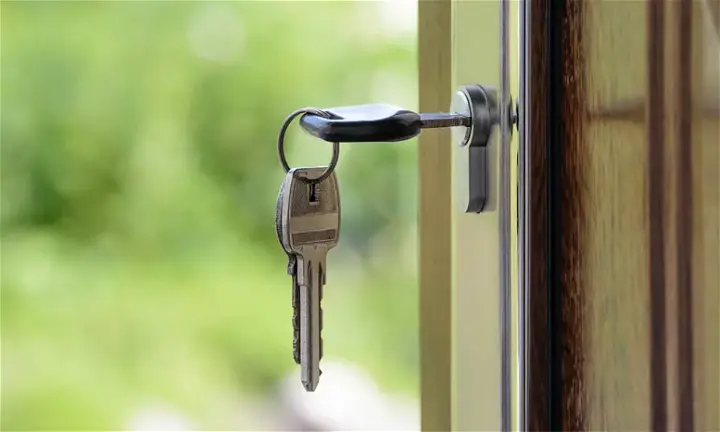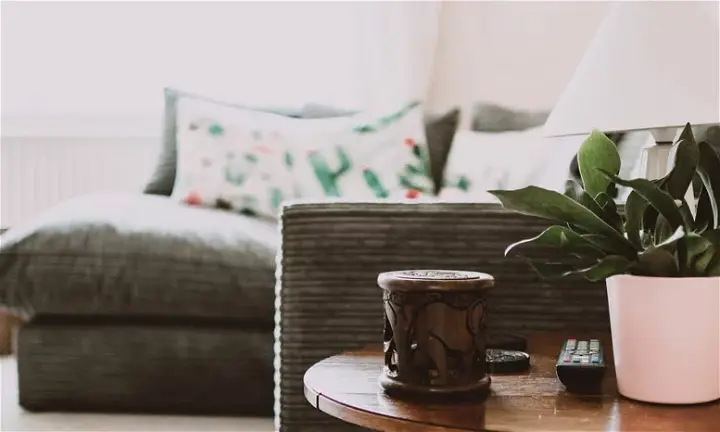
The 8 Types of Student Accommodation
As a student, do you know all the accommodation options available to you? Each one has their advantages and disadvantages. To help you wade through the saturated market, Roomlala has compiled a list to break down the different types of accommodation.
Spare RoomsSome people have a room in their house which they don’t really need and so they decide to rent it out to give their income a little boost. As a student, taking someone’s spare room can often give you a bigger room at a lower cost. You can also strike up a great relationship with your hosts. For this arrangement to work, you have to enjoy living with other people.
FlatsharesFlat or house shares simply mean several people living in the same apartment or house. This has the benefit of reduced rent and bills and more space, because it’s all shared. Although it’s true that you might not have the same closeness as with someone you know, choosing a flatshare with someone you don’t know can often lead to great new friendships!

Often the cheapest option on the market is getting accommodation in exchange for work, as you will have no rent to pay. Instead, you help the landlord with their shopping, house-work, baby sitting or whatever small service you agree to. In these cases, landlords and tenants usually form a very strong relationship. It is important to remember to take into account the time it takes to do the work, which will vary between landlords.
Private studios or flatsRenting your own apartment or studio allows you to enjoy living alone and gives you the most privacy. Unfortunately, this means it is normally more expensive. The rent is normally significantly higher than the rent for a flatshare or spare room.
University hallsMost universities will provide their own accommodation in the form of student halls. There are obvious benefits to university accommodation – it’s a bit cheaper and you have the opportunity to make tons of new friends. This is the choice of most first year students, but few decide to remain there after the first year. Be warned – the food options may not quite compare to mum’s home cooking!
Private hallsIn many student cities, there will be private halls available for both first year and beyond. These are normally self-contained and self-catered flats, with normally between 5-8 rooms sharing facilities. Often, universities will recommend or endorse specific companies or halls, which is where you’re more likely to find people from your own uni. These can be more expensive, but some come with additional facilities like a gym or bar.

Not an option for all of us, but a money-saver for those who can! Often students opt to stay in their parents’ house for all or part of their time at uni, giving them significantly more spending money than their friends in halls! Unfortunately, unless you live within commuting distance of your uni, this is not a viable option for most. It also means you won’t be as independent; a bonus for some, a headache for others!
Private propertySome students are able to wangle themselves a great situation: owning their own place! This is normally for more mature students or students with families for whom the obvious student options aren’t ideal. Alternatively, some parents who have the means are able to buy somewhere for their son or daughter to live during their uni years which they will then rent out after they leave. A nice little earner if you can manage it – or make friends with people whose parents can!
Author: Roomlala



